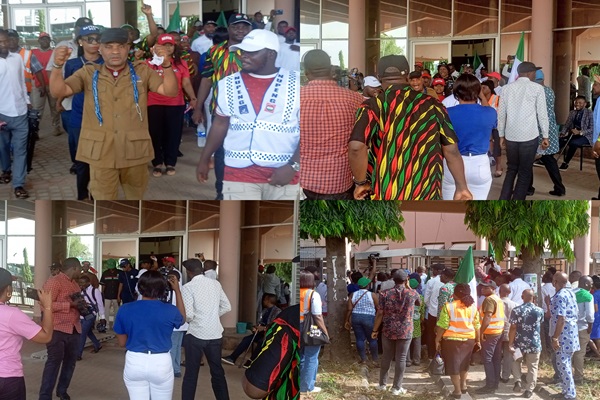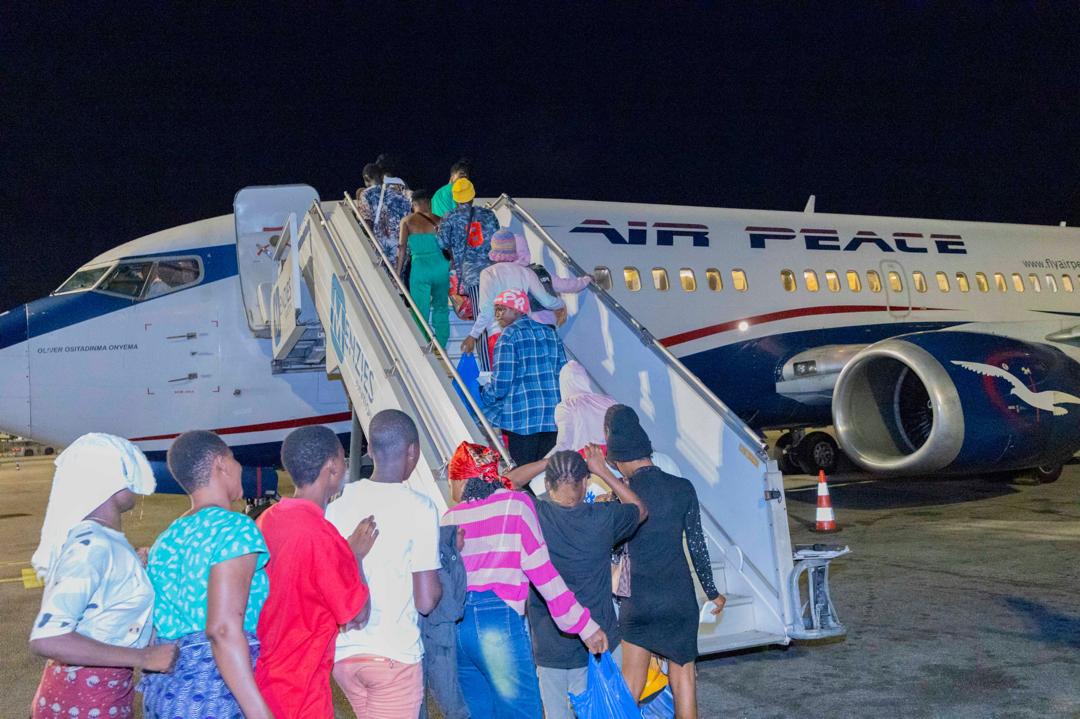The internet has transformed modern society, revolutionizing communication, work, education, and access to information. However, millions of people worldwide still lack regular internet access, including 123.42 million in Nigeria, ranking the country fourth globally in terms of citizens without internet access. India holds the top spot with 683.7 million people offline.
According to the World Bank, about 2.6 billion people, roughly one-third of the global population, remain unconnected to the internet as of last year. The digital presence in India has grown by 23 percent in recent years, despite half of its population still not using the internet.
In many countries, including China, Pakistan, Ethiopia, and Bangladesh, the rural-urban technology divide is a significant issue, with many people lacking internet access due to their geographical location. Factors such as infrastructure, affordability, digital literacy, government policies, and political instability contribute to this digital divide.
Efforts to bridge this gap are crucial for inclusive economic development, social cohesion, and global progress. Governments, private sector actors, civil society organizations, and international institutions must collaborate to invest in infrastructure, promote digital literacy, and create an enabling environment for universal internet access.
The internet has become a fundamental tool for social and economic development in the 21st century. Closing the gap in internet connectivity is not just a technological challenge but a moral imperative to ensure that everyone, regardless of background or location, can fully participate in the digital age and realize their potential.




